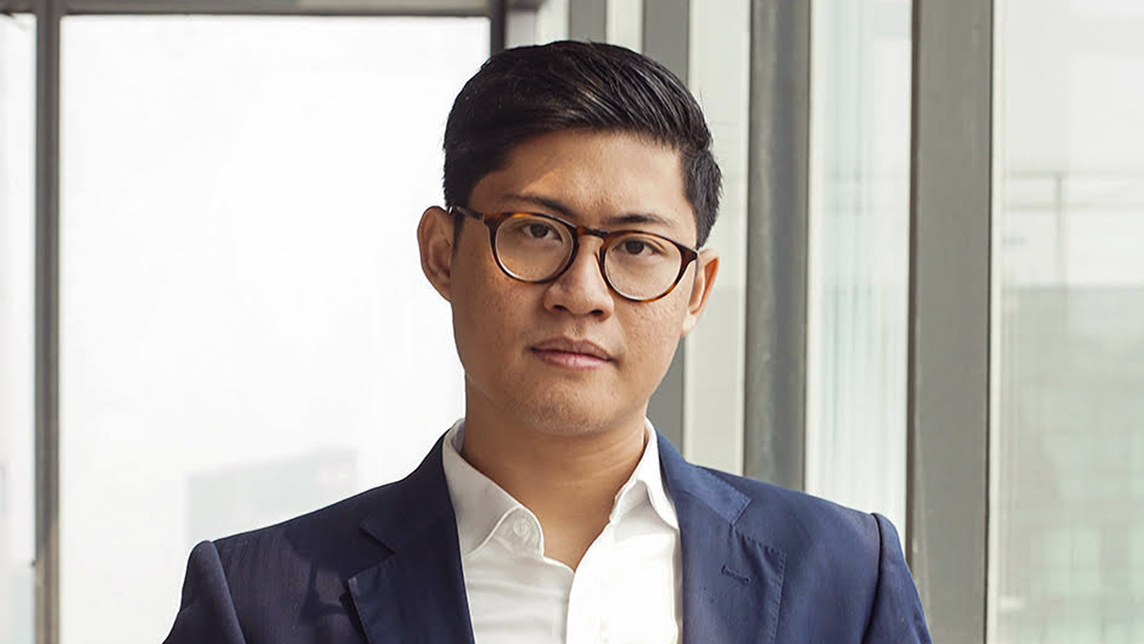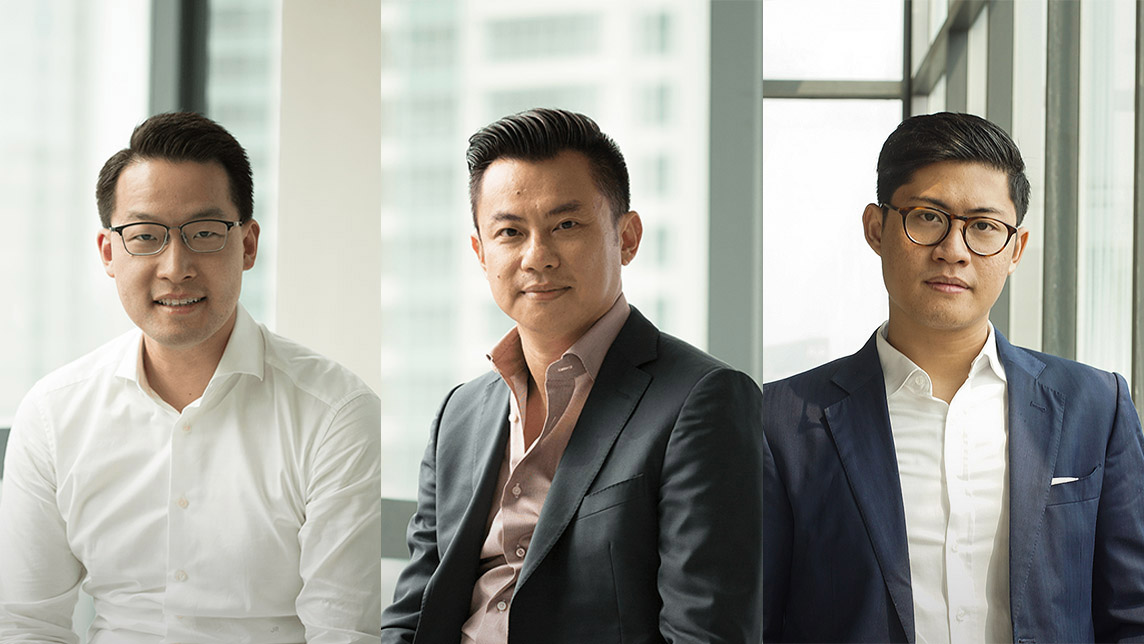Now that the government's efforts have laid a sound foundation for the Indonesian startup ecosystem, the way forward would be to continue to look outward, rather than succumb to recent calls for protectionism, Raditya "Adit" Pramana, Partner at Venturra Discovery, told CompassList.
Commenting on mounting concerns over foreign funding not auguring well for the development of Indonesia's tech ecosystem, Adit said: “I think there should be some protection, but being protectionist is not the way to go. That's not how the world works now, it's a world of collaboration."
Local investors are not yet providing the level of capital needed to sustain the progress and innovation of Indonesian startups that foreign funding has so far enabled. “I still think that tech is too small of an asset class for some people to consider [in Indonesia]," he added.
Some local players also don't quite yet grasp how industries could be reformed and improved by technology. "The big players are still prioritizing the traditional industries."
And hence foreign capital and input remains valuable. “We need to prioritize progress, and that requires capital,” he said.

He noted that in Indonesia, the government has come a long way in helping more local startups and investors to thrive, especially in the fintech sector.
For example, the NextICorn (Next Indonesian Unicorn) summit in July 2019, as part of the NextICorn platform for startups to connect with investors, is spearheaded by the Ministry of Communication and Information Technology, and well demonstrates such government support and commitment.
“The building of communication channels and facilitation is working out quite well, and it's a replicable model. The question is how to scale it to a national level,” Adit said.
Co-founder teams come up trumps
As an early-stage investor, Adit believes in “founder-centricity” when assessing companies for investment. “We have to believe that the founders have the right skills and drive to make it work. We have to trust the founder as a person,” he explained.
He prefers a balanced team of co-founders to companies built by sole founders. Good co-founders need to have skills that complement one another, brought together by a relationship of good chemistry and trust.
“I think it's great if they have different backgrounds, which allows them to fill one another's gaps and see things from different points of view. From our experience with our portfolio companies, those are the founding teams that we feel are the most effective.”
This focus on the founders is especially important now that the VC industry is facing tough times “in the short term,” and cannot rely on valuations alone.

“A lot of good companies were built on the back of bull runs, but in bear times, amazing companies will be built through hardship and discipline,” he noted.
For that reason, Venturra does not assess performance by merely looking at growth. “I think the biggest mistake for a few of our portfolio companies, a few that I've worked with earlier on, is to grow prematurely… You should not fully focus just on growth when there's no product-market fit.”
Juggling work and studies
Adit was studying Management Information Systems at Universitas Bina Nusantara when he first entered the world of venture capital investment, through an internship at IMJ Investment Partners, now known as Spiral Ventures.
“IMJ approached my university to look for an intern. They wanted to be introduced to the top students,” recalled the 26-year-old who “didn’t do too badly at school.” He was also active in student organizations, and was President of the Student Committee for the academic year 2012/13. His alma mater described him as "calm, focused and serious" when he won an award for his contributions to campus activities including Young Leadership Indonesia-McKinsey.

Despite not knowing much about the VC industry, Adit performed well enough during the interview to land a three-month internship. He quickly learnt the ins-and-outs of deal-sourcing and gained valuable contacts, guided by mentors like Yasuhiro Seo and Koichi Saito, who is now the founder of KK Fund. After his internship, IMJ offered Adit a full-time position, even though he hadn't yet graduated. He took up the offer and started working full time at once, choosing evening classes so that he could be at the IMJ office during the day.
“I still can't figure out why they allowed me, a university kid without a degree, to make a few investment decisions,” Adit said now.
During his 18-month tenure at IMJ, he fully managed the deal for O2O platform Kudo that was subsequently acquired by Grab. He also took a punt on Fabelio, an online furniture brand, and was involved in IMJ’s investment in online marketplace Bukalapak, now a unicorn. He became well known as one of the youngest local VCs, with extensive industry connections.
“When Venturra first started and I joined the company, I already knew the partners from previous co-investing activities,” Adit said.
He believes that at the core of Indonesia's success lies the entrepreneurial spirit of its people.
"My personal mission is to help the next wave of entrepreneurs to fulfil their dreams," he said. "I want to work with people whom I can trust, who are on to something greater than themselves and change each industry in Indonesia."















